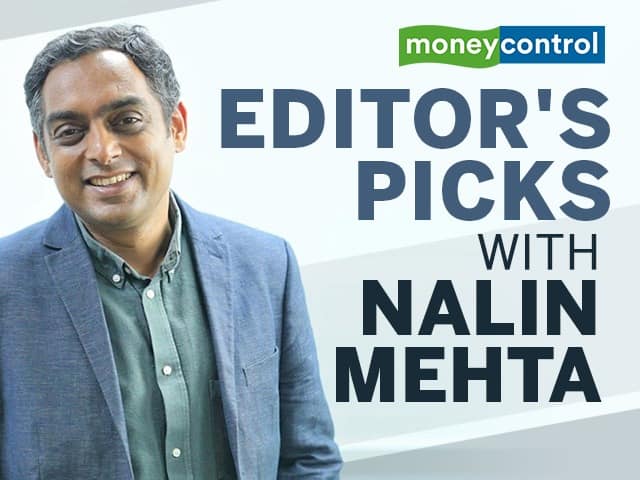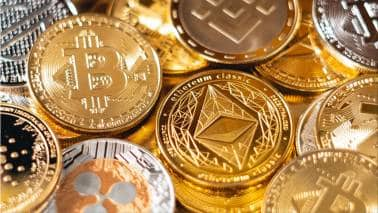
BUSINESS
Crypto doesn’t deserve a tax exemption
If the incoming Trump administration wants to reduce capital gains taxes, then it should lower them across the board
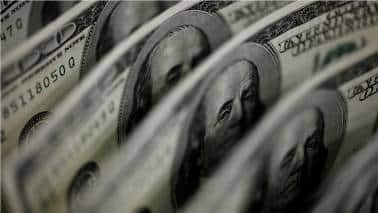
BUSINESS
Great Stagnation: When did it actually begin?
The economic malaise that afflicted the US from the 1970s onward may have taken root decades earlier — and its causes may be more health-related

BUSINESS
Housing Affordability: Rishi Sunak and Joe Biden are making the same mistake
Both the UK prime minister and the US president are planning to give people money when they should be working harder to expand supply
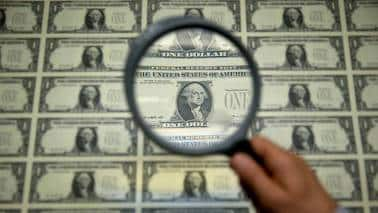
BUSINESS
Dollarisation or not, Argentina’s future will be expensive
As long as the dollar is the competition for domestic transactions, stabilising the peso will not be easy

BUSINESS
How a pharma company is helping transform health of Denmark's economy
The success of Novo Nordisk -- makers of Ozempic and Wegovy, shows the outsized effect a single company can have on a nation

BUSINESS
Open-source software is worth a lot more than you pay for it
A new estimate finds that the worldwide value of all open-source software is about $8.8 trillion. To place that in perspective, about $3.4 trillion was spent on commercial software globally in 2020. The $8.8 trillion figure is more than double the current GDP of India at current market exchange rates. It’s almost triple the latest market capitalizations of Apple and Microsoft

BUSINESS
What’s the future of advertising? Ask Sora
Perhaps the most significant short-run use of Sora's one-minute videos will be for advertising — especially internet advertising. The costs of creating new ads are likely to fall. More advertising may sound like a mixed blessing. But ads will almost certainly be more fun and creative than they are now. These ads also might be targeted, rather than serving a mass audience, with your internet history deciding what ads you will see

BUSINESS
Could recessions actually help save lives?
A new research paper by professors from top US universities notes that age-adjusted mortality in the US fell by 2.3% during the Great Recession They suggest that mortality rates rise in good times and fall in hard times. The hypothesis for such findings leads to a recession causing massive job losses that in turn leads to lesser air pollution, people having more time to exercise, and less money to spend on alcohol and drugs

TECHNOLOGY
Your child’s favorite teacher may soon be a chatbot: Tyler Cowen
Chatbots will probably make education more fun, but for most people there is a limit to just how fun instruction can be.

BUSINESS
A guide to the AI safety debate after Sam Altman’s ouster
AI is more likely to lower than to raise net existential risks. Humankind faces numerous existential risks already. We need better science to limit those risks, and strong AI capabilities are one way to improve science. Our default path, without AI, is hardly comforting

BUSINESS
New laws to regulate AI would be premature
The technology is very general, its future uses are hard to predict, and some harms could be the fault of the users, not the company behind the service. It is unrealistic to expect bureaucrats, few of whom have any AI expertise, to figure out answers to these questions. And licensing regimes have an unfortunate tendency to devolve into bureaucratic or political squabbling

BUSINESS
What economists got wrong about the great recession
In general, we should be more modest about our ability to second-guess the market

BUSINESS
Stop worrying that AI will cause the market to crash
One fear is that a small number of AI base models could lead investors to herd behaviour, where many of them sell (or buy) at the same time because their models have told them to. But AI is diversifying, not becoming uniform, many startups are being founded and new trading and investing techniques are being developed

TECHNOLOGY
The AI ate my homework, and my schoolwork too
To be sure, AI will change the nature of not only homework but also instructions
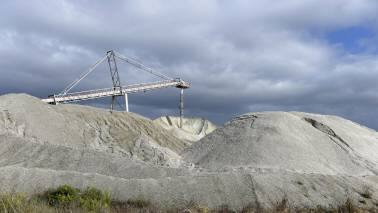
BUSINESS
Discovery of vast new lithium deposit in US shows power of market
The US find near the Oregon-Nevada border, estimatedly around 20-40 million tons, could be larger than the Bolivia salt flats. It proves the economics axiom that if a resource is scarce, and there is upward pressure on its price, new supplies will usually be found, through discovery, innovation or conservation

BUSINESS
The AI hype has subsided, but the revolution continues
Engagement with ChatGPT has fallen and newer products like Anthropic's Claude 2 haven't created a stir. But Generative AI and LLMs are advancing rapidly. OpenAI is rolling out new commercial services for companies to fine-tune generative AI on their own data and Google's upcoming Gemini could be more powerful than OpenAI's GPT-4

BUSINESS
What Vivek Ramaswamy doesn’t understand about the Dollar
Trying to stabilise America’s currency by tying it to the price of commodities would have the opposite effect

BUSINESS
Why ‘Barbie’ tickets aren’t more expensive
Given the strong demand, movie theaters could charge more, but they are more concerned with cultivating their audience
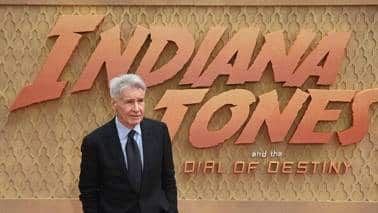
TRENDS
How to end the Hollywood actors and writers strikes
With actor control of AI likenesses and project-by-project approvals, we will likely end up with a more exciting, less tired and less overexposed kind of celebrity culture, which leads to broader social benefits. But the problem that could then arise is what would studios do when it becomes difficult to buy actors' likenesses?
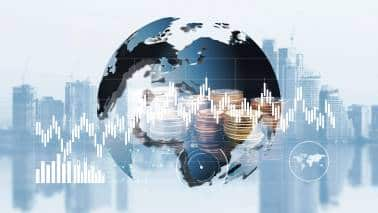
BUSINESS
How to tell where the global economy is headed
A focus on a nation’s saving rate and its allocation of human capital can help provide clarity in an era of economic uncertainty

BUSINESS
Gold is no longer a good hedge against bad times
The precious metal has become just another cyclical asset, no longer a useful harbinger of social and economic collapse.

BUSINESS
Kenya is poised to become the ‘Singapore of Africa’
The continent’s growth is an opportunity for multinational corporations, and its seventh-most-populous nation is well-positioned to take advantage
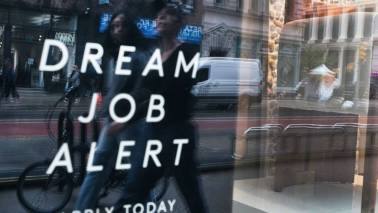
BUSINESS
If the economy is so bad, why is the labour market so good?
A crisis in worker morale could help explain some of the apparent paradoxes in the data
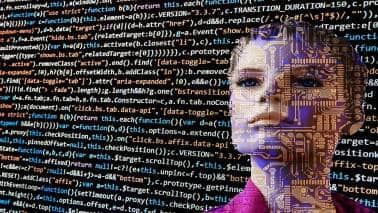
BUSINESS
Is AI an existential threat? 'Extinction' warning may do more harm than good
A one-sentence statement signed by industry experts is impressive in its humility but it is more likely to generate backlash than assent. One common-sense objection might go like this: If you’re so concerned about extinction, why don’t you just stop working on AI?






